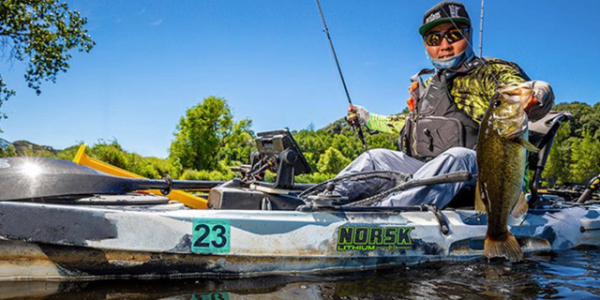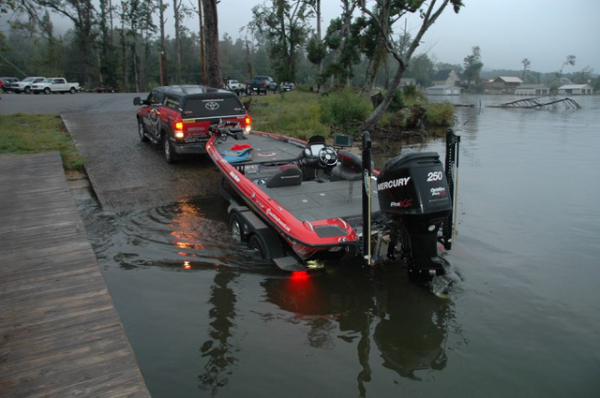Boating Safety Suggestions
Here are five safety suggestions from the BoatUS Foundation for Safety and Clean Water. They appropriately enough were entitled “5 Things You Can Do to Take ‘Search’ Out of Search and Rescue”
- File a float plan. Tell family members where you’re going, how long you expect to be out, and when you plan to return. If you’re leaving a vehicle/trailer at the boat ramp, you might want to leave a note on your vehicle’s dash with the same information. Either -or both – let people start looking for you if you fail to return by your appointed time.
- Have a VHF radio aboard – but not just any VHF radio. Have a radio with Digital Selective Calling (DSC) – it does all the things a “regular” VHF radio does, plus it has a one-button “Mayday” feature that gives rescuers your boat’s location. The handheld DSC VHF units are great for small boats. And I know from experience they can save a lot of time when you have a problem.
- Label your SUP, canoe or kayak…might sound like a no-brainer, but you’d be surprised. Adding your contact information with a waterproof marker could help the Coast Guard or first responders spend less time chasing false alarms. Marking your paddle craft, FYI, might also mean you get it back when it blows down the lake. If/when that happens, you also need to let authorities know your paddlcraft has gone missing.
- Do not leave shore without a fully-charged phone. Smartphones are integral parts of our lives. But they’re not much use to a boater if the battery’s dead or there’s no cell signal. And for most phones, water is not a friend. If you are using a personal watercraft, put your phone in a waterproof pouch or case. That’s also not a bad idea for larger craft. And here’s a bit of insight for both -if you have a lanyard, attach it to something on your craft. Otherwise, it will be the last thing you see as your phone- safe in its waterproof case- descends into the inky depths.
- Register your EPRIB or PLB. Having either an Emergency Position Indicating Rescue Beacon (EPRIB) or Personal Locator Beacon (PLB) is a great idea, but the Coast Guard receives hundreds of false alerts from them each year. You need to register your device and if you haven’t the highlighted link will take you where you can.





